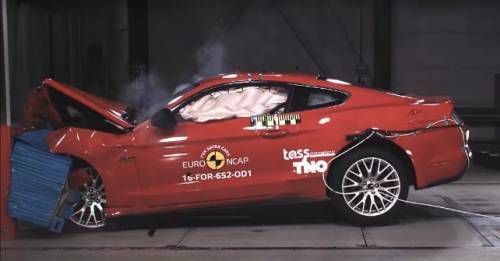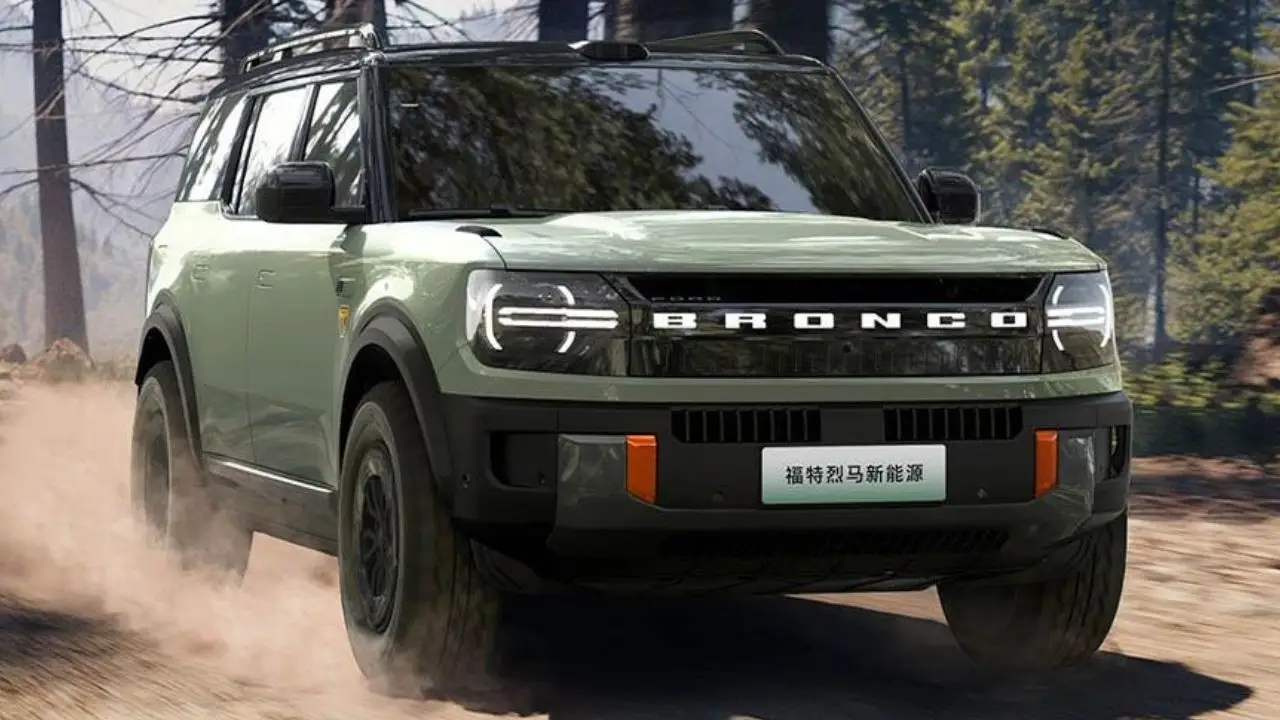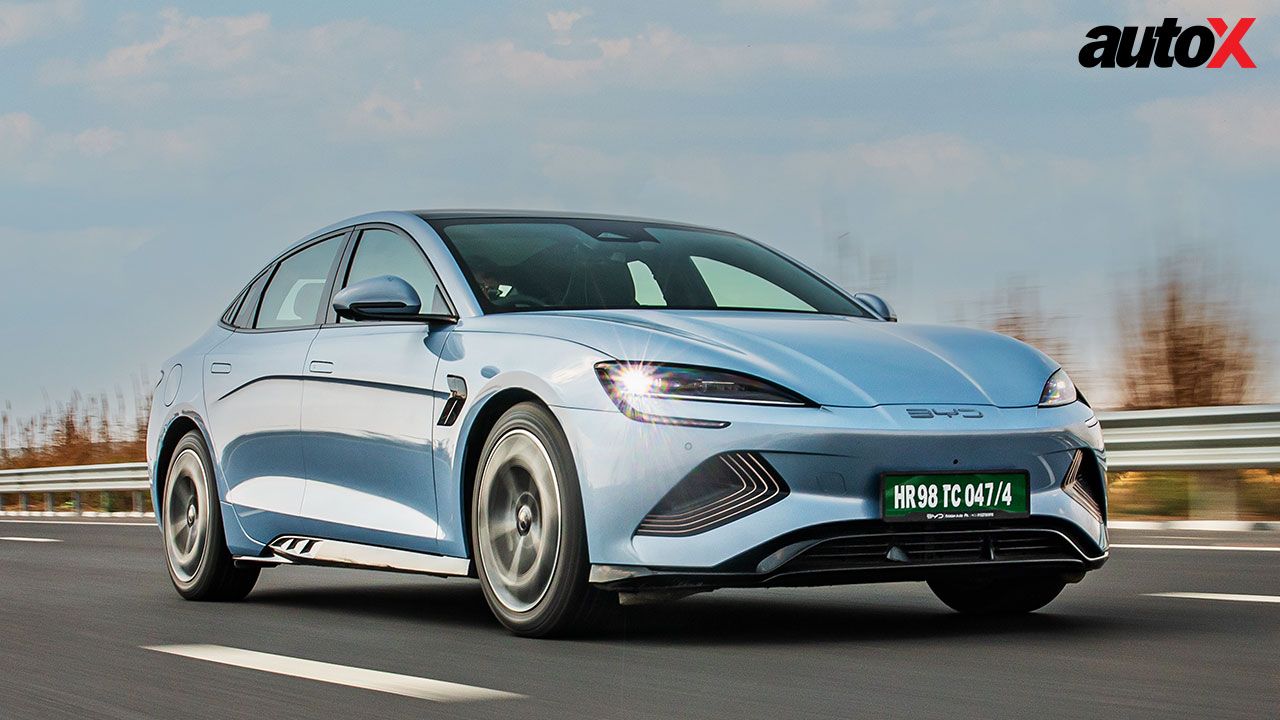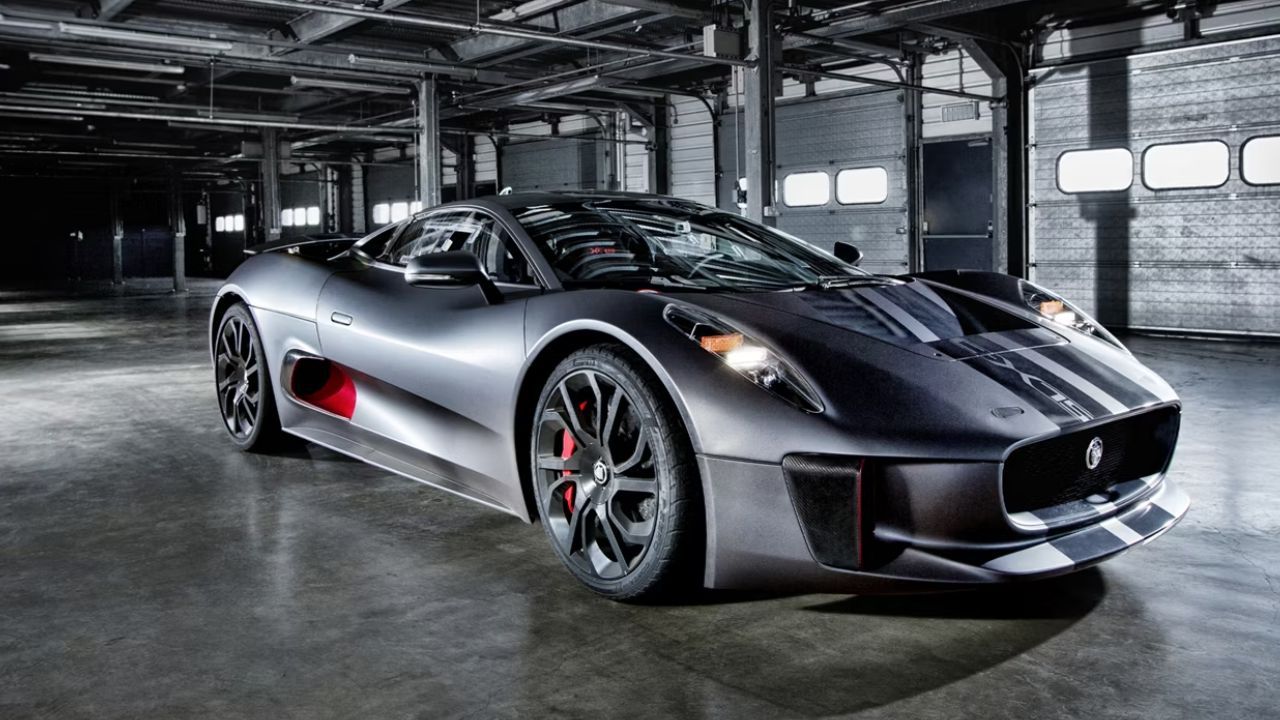Ford Mustang GT scores 2 stars in Euro NCAP
Scored 72 per cent and 32 per cent in adult occupant safety and child occupant safety respectively. Ford brought the Mustang to India last year at a price which took most enthusiasts by surprise.
By Ravi Ved

Scored 72 per cent and 32 per cent in adult occupant safety and child occupant safety respectively
Ford brought the Mustang to India last year at a price which took most enthusiasts by surprise. The iconic pony car has once again managed to raise some eyebrows, but this time around, not in an equally good way. Euro NCAP recently crash tested the Ford Mustang GT and the result was a dismal two stars.
The Ford Mustang has been on sale in the international market since 2015. Since the time of its launch, Australian NCAP has been unsuccessfully trying to secure Mustangs for crash test purposes. In fact, certain reports suggest that the Mustang was possibly the highest selling un-tested car in the Australian market. Subsequent to several failed efforts, ANCAP approached its European sister organisation Euro NCAP to conduct the test.
In the frontal offset test, the car provided good protection for the knees and femurs of the driver as well as the passenger. However, the data reflected that the head of the driver as well as the front passenger, bottomed out on the steering wheel and the dashboard respectively. Euro NCAP said insufficient pressure in the airbag failed to prevent the head from impact. In most part, the driver safety was good in the full-width rigid barrier test except for the chest. Protection for the rear passengers, however, was inadequate as the rear seatbelt that doesn’t come equipped with pre-tensioners or load-limiters, failed to keep the passengers cocooned in the seat. This resulted in inept head protection for the passengers at the back. The Mustang scored well in the side impact and the side pole test. In the case of a rear-end collision, the car indicated poor whiplash protection. This can be a result of the absence of autonomous emergency braking (AEB), a feature that Ford says the next Mustang will come equipped with.
The official statement from Euro NCAP stated, “This assessment of the Ford Mustang is based on the vehicle that has been on sale since 2015. Ford has informed Euro NCAP that orders placed after May will receive an updated vehicle, which will be launched later in 2017, and will be equipped with Pre-collision Assist (with Pedestrian Detection, Forward Collision Warning and Autonomous Emergency Braking) and Lane Keeping Aid.”
While Ford has promised to make necessary changes to make the Mustang safer, Euro NCAP claims that the car scored poorly in their tests as Ford didn’t expect it to be tested outside of America and therefore, the car wasn’t designed for it. American standards for crash tests are different, more lenient, from those in Europe and Australia. Ironically, unlike its predecessors, this version of the legendary Mustang was always intended to be a global product.





